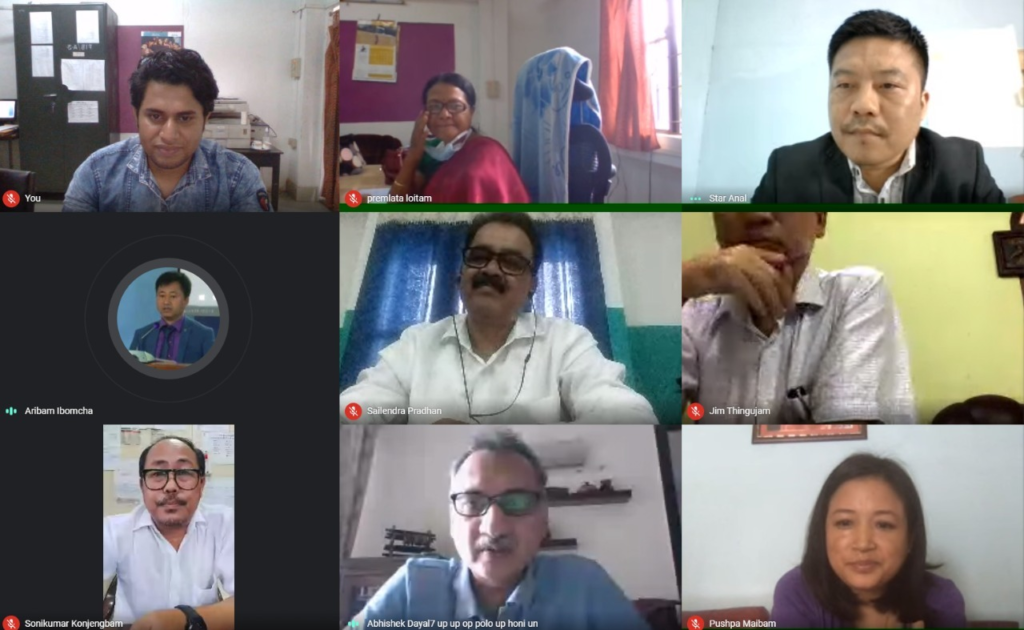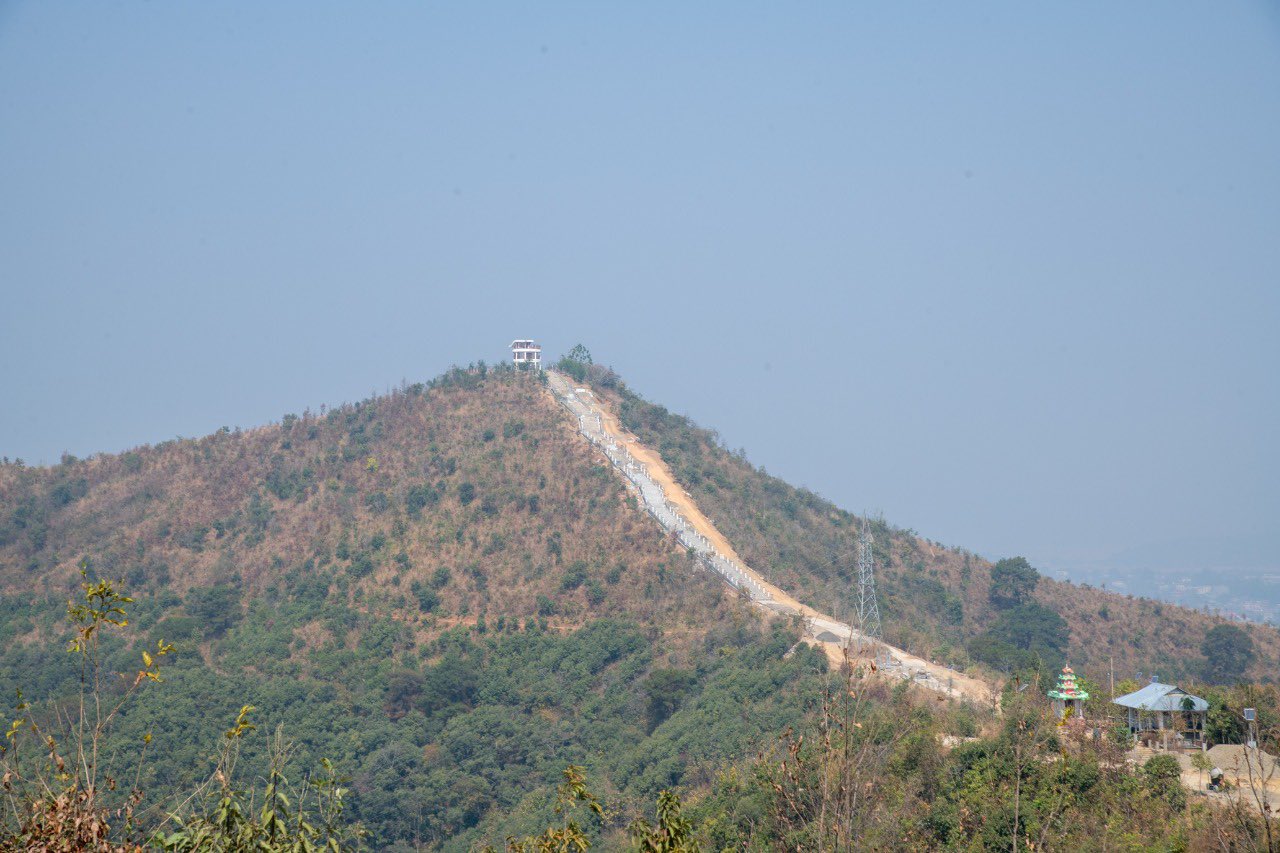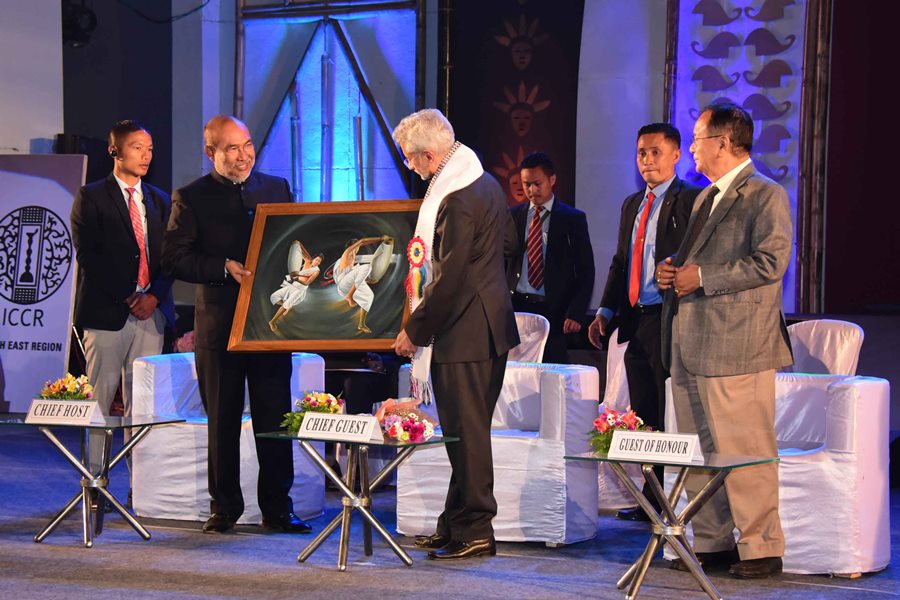Shift from rote learning to understanding, stress on mother tongue and creating education infrastructure will benefit the youth of North East Region
 KRC TIMES Manipur Bureau
KRC TIMES Manipur Bureau

New Education policy will greatly empower and benefit the students of the North East region because of its stress on mother tongue, vocational learning, flexibility in higher education, national standardization, shift from rote learning to true understanding of subjects, creating better infrastructure and greater stress on building the capacity of teachers. These views were expressed at the webinar organized by Press Information Bureau and Regional Outreach Bureau Imphal and Field Outreach Bureau, Chandel today.
The webinar focussed on the educational transformation of Chandel, which is a border and an ‘aspirational’ district, under the National Education Policy, 2020.

Jim Golden Thingujam, Joint Director, SCERT spoke on the impact of the new Education Policy on “evaluation” of students and its impact on teaching effectiveness. He informed that the policy stresses on continuous and holistic evaluation rather than one-time stress laden exams. He said that the present system forces students to rote learning and testing them on a very narrow band of their personality. There is always a danger of mis-evaluating the strengths of students and therefore undermining their confidence and careers and children are spending too much time in preparing for exams and going to coaching institutions, he said.
H Starson Anal, Manipur Education Service, spoke on the likely impact of the Education Policy on Aspirational District Chandel. He said that for an aspirational and border district like Chandel, stress on Equitable Access to Education and improvement of Education Infrastructure, specifically in school-less villages, is a very welcome development. He suggested that to improve the quality of teaching, infrastructure support to teaching staff, including housing for them in remote areas, should be the focus of state government under the new policy.
Earlier, in his welcome address, S N Pradhan, ADG (NE Region), Ministry of Information and Broadcasting said that with the new National Education Policy, the Indian education system has crossed an important landmark and in many important ways the new policy addresses the lacunas in our existing system. It is a comprehensive policy which covers education from primary to college levels, from academic to vocational issues, he added. He said that it is important to reach out to every nook and corner of our country, to most backward districts, relatively inaccessible regions and to each economic class of students and create awareness about its provisions so that our children extract full benefit out of it.
In his concluding remarks Abhishek Dayal, Director PIB Imphal said that the webinar is part of a series of webinars organized by PIB and ROB Imphal Region to help us all understand the provisions and implications of the landmark National Education Policy 2020. He said that the media needs to understand and debate the ideas of the officers who are working in the field because the policy has sufficient flexibility to be adapted for local needs.
The webinar was attended by over 30 members of civil society groups, students, officials of PIB and ROB of the region and media-persons.




